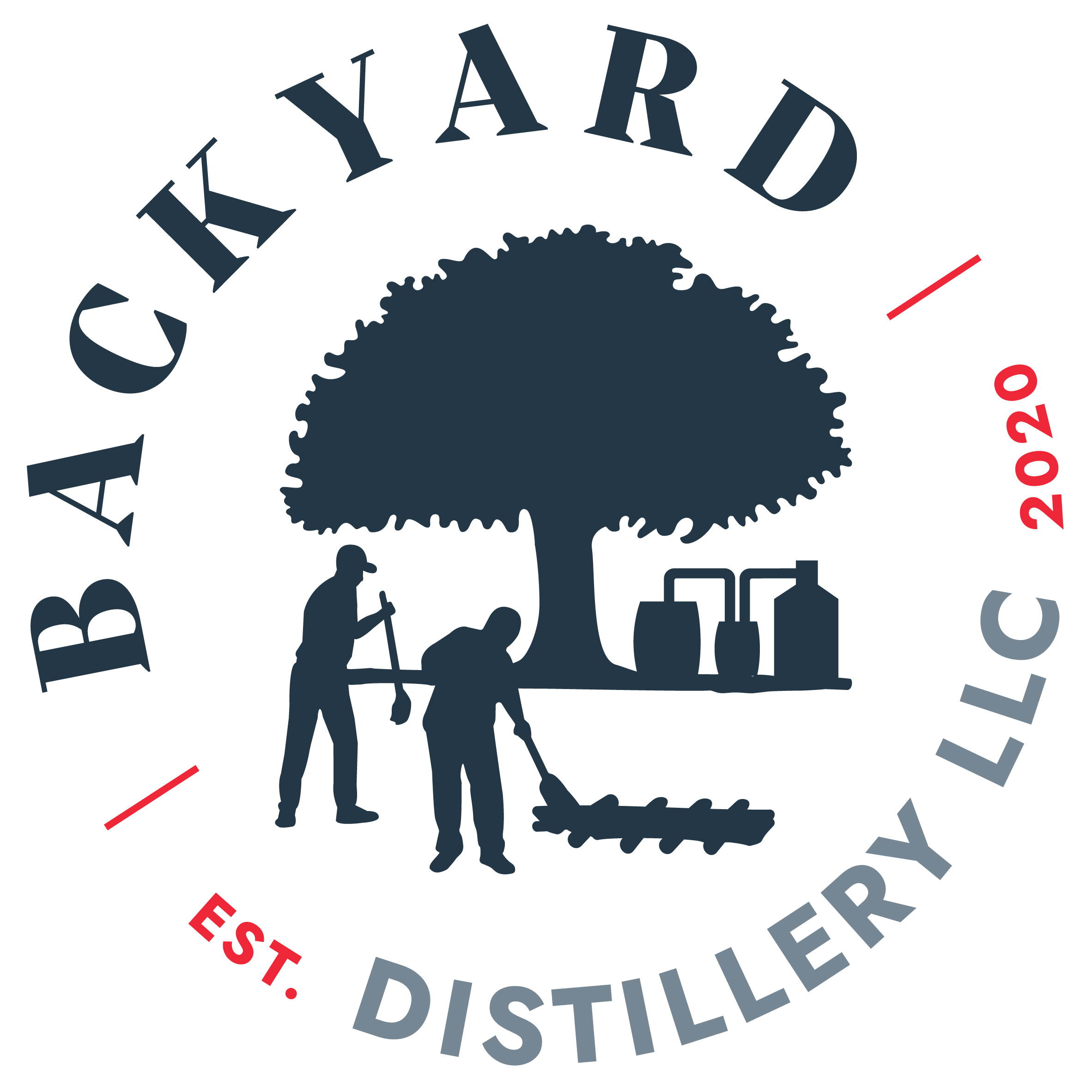Drink (aka Liquor, Nip, or Shot) House
In years past, residential homes used to sell illegal liquor in what some would call a drink house, liquor house, shot house, or nip house. These houses, known by various names were a widespread phenomenon in southern black communities, in rural settings. These houses created a sense of community for people of various income levels, as it was an outlet. The alcohol was cheaper in price, but the quality was not inferior to taxed liquor, depending on the moonshiner experience making the alcohol as this could have been a multigenerational businesses for certain moonshiners. Depending on the house and its management, gambling, food, and music was part of the experience. Food had to be a part of the experience, because you have to feed the alcohol. The more alcohol you drink the more food one would consume, so when more black people were farmers or landowners, having a bbq or fish fry at these businesses, were a necessity but more feasible to do than say fried chicken before commodity farm operations. The foods eventually became more diverse in its offering as times past. The liquor house while sharing a lot of commonalities with the sale of illicit liquor, it is different from a juke joint, as the latter operates as an illegal bar that is open to the public in a non residential dwelling. Also, the liquor house is generally distinct from the bootleggers operations, a bootlegger sells alcohol in bulk to consume off premises, so not to have to deal with the behavior when people drink irresponsibly of those in a liquor house. Sometimes in the past, the bootlegger was the moonshiner that made the liquor in the woods and the spouse ran the liquor house too. There is not one way these illegal liquor houses and bootleggers operated, because they were tailored to create a livelihood and sustained a community that helped black people to survived in the rural south as well as the cities in both the north and south.
Before drugs came on the scene, illicit alcohol would feed the underground economy that some may have seen in rent parties or speakeasies in rural and urban places alike. The underlying concepts eventually merge themselves in what people may know today as trap houses, swisha houses, etc but alcohol is not the main thing for sale in the latter. In a space where one economic situation caused by systematic policies, the underground economy was one place to survived for the poor and the rich to thrive. Let’s not forget that white preachers, politicians, and law enforcement had their hands in this underground economies, past, present, and future depending on the size of the operation, so while taxes did not go to the federal government, a tax in the form of bribe was paid locally. For far too long, the access to create legitimate business for black Americans were not allowed and it was not because people did not have the aptitude, but it was just sheer racism that often would not allow one to get the piece of paper to operate legally. As opportunities are now available to obtain pieces of paper to operate a business is more readily available, the next road hurdle to overcome is the access to capital to start operate and keep a business going.
Backyard Distillery is paying homage to the liquor house and bootlegging cultures where so many Americans in the south labored over the stills, despite what is accurately portrayed in media, marketing schemes, tourism brochures, etc.



